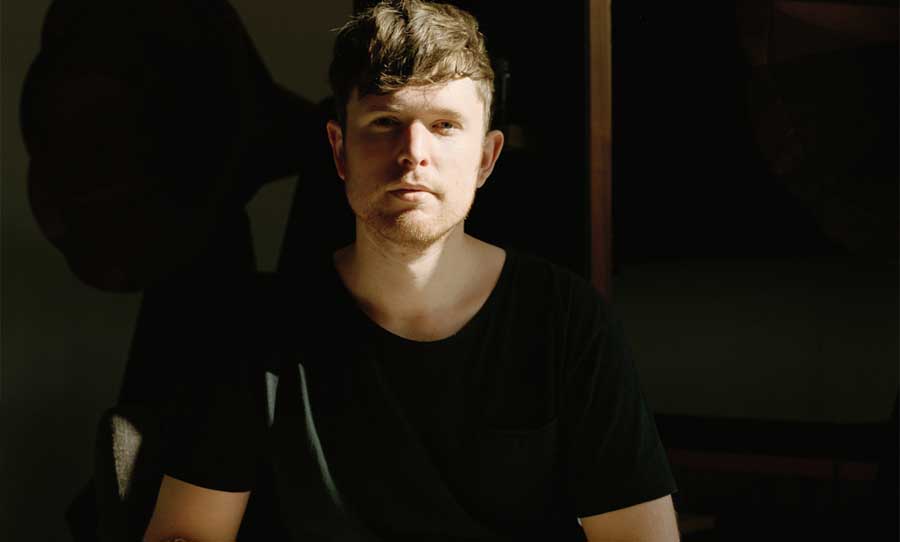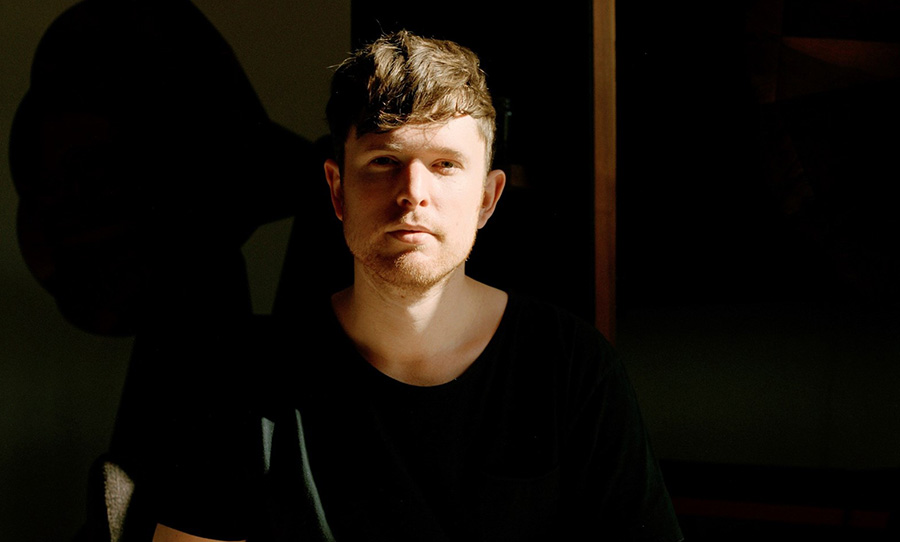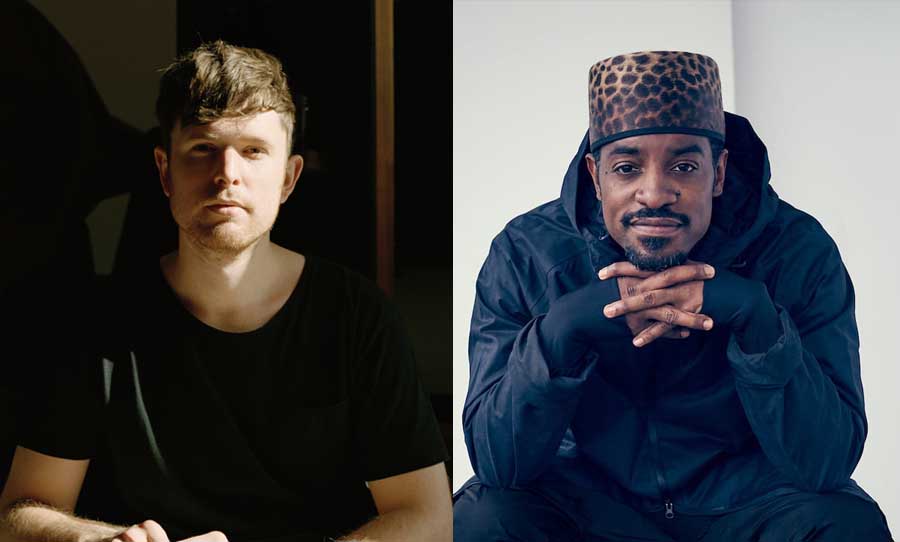When James Blake released his self-titled debut album in 2011, it was a collective lightbulb moment for thousands of bedroom producers across the world; an almost audible exhalation of ‘oh, so that’s what I’ve been trying to do’.
Since then he’s charted a path completely in his own style, and despite what some fans of his older material will preach, his ascent has never slowed.

Since his false start in more conventional dance music, James Blake has built a career that shaped thousands of hip hop, pop, and electronic musicians in his wake.
In 2010 the home producer bubble was preparing to burst. Early-twenties musicians around the world were gazing a bottomless well of sounds brought on by easily accessible software, and suddenly electronic music was at a tipping point. Most turned their heads to what that breed of music had classically done; make people dance.
But not all rock n’ rollers want to see their audiences shaking their knees, and not every musician with a laptop wanted to move dance floors. As James Blake let the dust settle on his early EPs, breakbeat and dubby releases which begged to be spat forth from huge systems, he found himself without an outlet for far more inward feelings.
His Klavierwerke EP tested the waters for a sound he would become known for; a spacious, minimal and vocally pristine form of electronic music that sounded like nothing else at the time. Where had those vocal chords been hiding until now? What had Blake been afraid of sharing?
The James Blake album was a beautifully haunting record fraught with a cappella moments and tender piano medleys, plus no shortage of musings on loneliness, family and relationships. To say it broke new ground is utterly fair. Blake emerged, alongside contemporaries such as Bon Iver or The xx, with an astoundingly clear and original intent.
But that album was a shocking moment for many, a body of work that subverted his earlier releases – and electronic music at the time – in a remarkable way.
The fact is, Blake had to begin as he did, with much more palatable compositions – not even his final form, you could say. He latched onto the UK dance scene like a fish hook with the CMYK and Air & Lack Thereof EP, reeling in fans of IDM, 2-step and dubstep while they were still unsuspecting. These fans, now devotees of Blake’s work, would soon be given the left hook by James Blake, an album that wasn’t here to create frenetic rave energy, but rather to let it dissipate.
Suddenly Blake found himself compared to the likes of Thom Yorke or Toro y Moi, though as with Yorke many were quick to label James as a “sad boy” muso for talking about his feelings. Hence why he may have been hesitant to go in this direction in the first place; for some reason it was a-ok for a folk artist to sing emotional songs, but when an electronic artist did it, they must be depressed.
Blake’s ruminations paved the way for artists like Moses Sumney, Frank Ocean and many others in local scenes around the world, unlocking the door for producers who didn’t want to rely on a four-to-the-floor beat and bass drops. And that’s not even charting the influence he’s had on hip hop – just read up on the time he turned down Drake.
Today Blake sits atop a body of work which includes collaborations with Bon Iver, André 3000, Kanye West, Connan Mockasin, Kendrick Lamar, and countless others on the top rung of music’s proverbial ladder. More than that, electronic music has opened up to an unending variety of musicians for whom vocal production, expression and space – rather than pure energy – are key.
In tandem, Blake’s work has continued to flourish in its earnestness, his latest album Assume Form marking the pinnacle of that journey. His latest sees him dip a toe deeper into hip hop than ever before, exquisitely produced hi-hat beats lining most songs on the record while Travis Scott or André 300 interject.
The career of James Blake has been one of the most enthralling to watch of the last decade, both for the ground he’s broken and the quality of music he continues to output. His trajectory gave a voice not only to himself, but to countless others who would follow, inspired by his sounds, his ethos, and his words.
James Blake’s new album Assume Form is out now.



